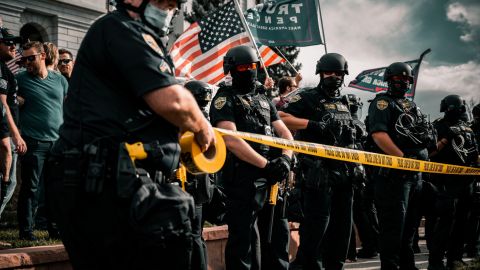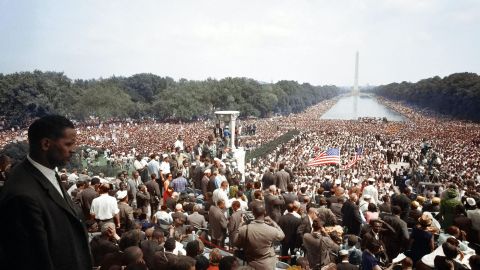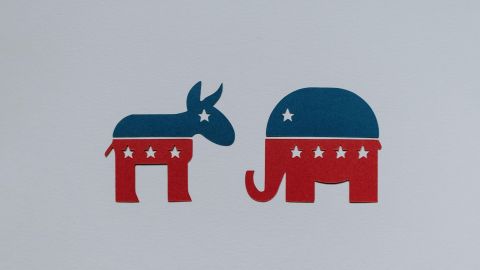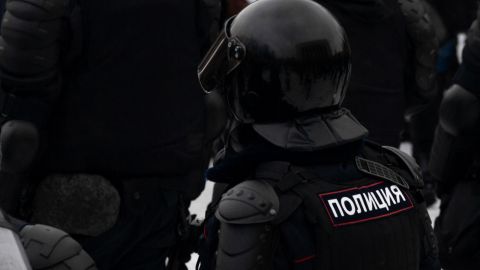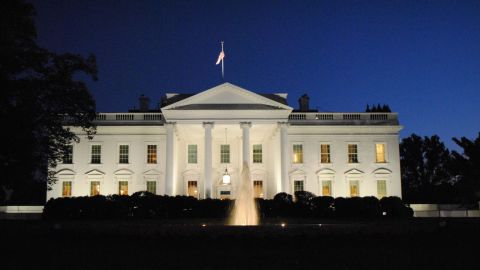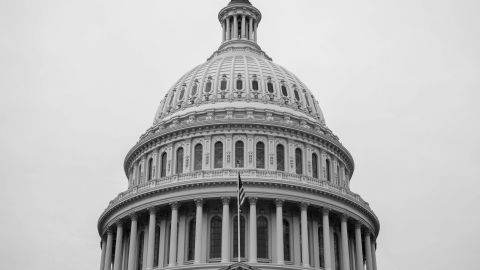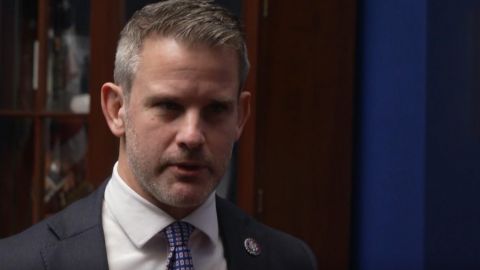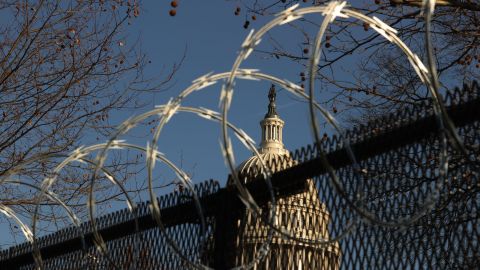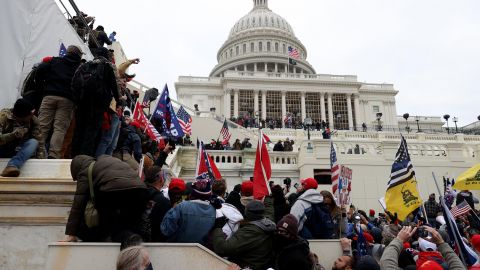(no audio)
- American democracy has only been as strong
as our commitment to racial equality.
And there are a lot of things that we have to do
in terms of policy, practical matters, to show up democracy.
But one of the fault lines that you see
again, and again, and again, is that
we don't strengthen democracy
without strengthening our sense of racial equality.
During the Cold War,
the Soviet Union attempted to manipulate
American racial tensions, because they thought that race
was the Achilles heel of American society
that they could turn the black population
against the capitalist powers,
and that would be the wedge they would use to
establish a beachhead of communist sympathy in the country.
That never really happened in significant numbers,
but that was the idea.
And then we saw, again when there were
social media attempts to manipulate people's sentiments
emanating from Russia,
they overwhelmingly sought to exacerbate racial resentments
in the United States.
And so the idea that you have a democracy
that starts out buying and selling human beings
and preserving the right to vote for white people
specifically white men, tells you about the shortcomings.
It's not like these were hidden flaws,
they were fairly obvious.
And as we've gone two plus centuries
into the American experiment and democracy,
those elements remain the biggest liabilities
and the biggest vulnerabilities in our democratic system.
- One of the things that we must understand
about this transition from slavery to freedom
in the United States, is that at every turn,
there was a caveat and there was a consideration.
And so when we think about the Emancipation Proclamation,
putting an end to slavery except for slavery
in the border states, it helps us understand that
every moment of progress is bracketed
and requires another fight.
- It's so deeply embedded in American history and society,
you know, this legacy of racial violence,
of racial intolerance that has been written into our laws
for such a long time.
And so these, the racial divisions in American society
have often been violent.
And when we match them to our two parties,
that's when we can see some danger of partisan violence.
Because if the Democrats and Republicans
are linked to non-white and white Americans,
then we're implicitly having a status competition
between non-white and white Americans
every time we have an election.
And that creates much more animosity, much more rage,
and it makes every single election feel so much more dire
for every voter,
because they feel like their own personal status is at risk
with the outcome of every election.
The optimistic version is that
we are in that reckoning right now,
we have to have it,
and it's going to be really, really messy.
The question is, can we get past it to a better place,
or does the backlash succeed?
And I think unfortunately, we're just,
we're in the place where we don't know.
- I'm a believer in the power of the American system,
of opportunity, of forward progress.
And when we trust that we have educated our people
to the degree that they believe in that system,
they get an education, they work hard,
they raise their families, they pay their taxes,
they're devoted to their community institutions
and church institutions, civic democracy in our country.
When those things happen, we don't have to be afraid
of the fact that somebody has dark skin,
or somebody has a strange last name,
or somebody's parents came from another country.
But if on the other hand we say,
No, we're so afraid, we have to keep these people down,
and we're gonna deny the opportunity to vote,
and we're gonna deny them a good education,
and we're gonna make them live and crowded and overcrowded,
and indecent conditions, right?
Then don't be surprised
if the result is contention and anger for the long haul.
It doesn't have to be that way.
- We have to fulfill the promise of our democracy
'cause if we don't, it hurts everyone.
And so racism isn't a problem
that one party has to deal with,
it's a problem that both parties have to solve.
And making sure democracy is strong and actually working,
is a goal that everyone in our politics,
everyone in our political system needs to address.
Otherwise, we don't survive,
we don't fulfill the hope of the country.


